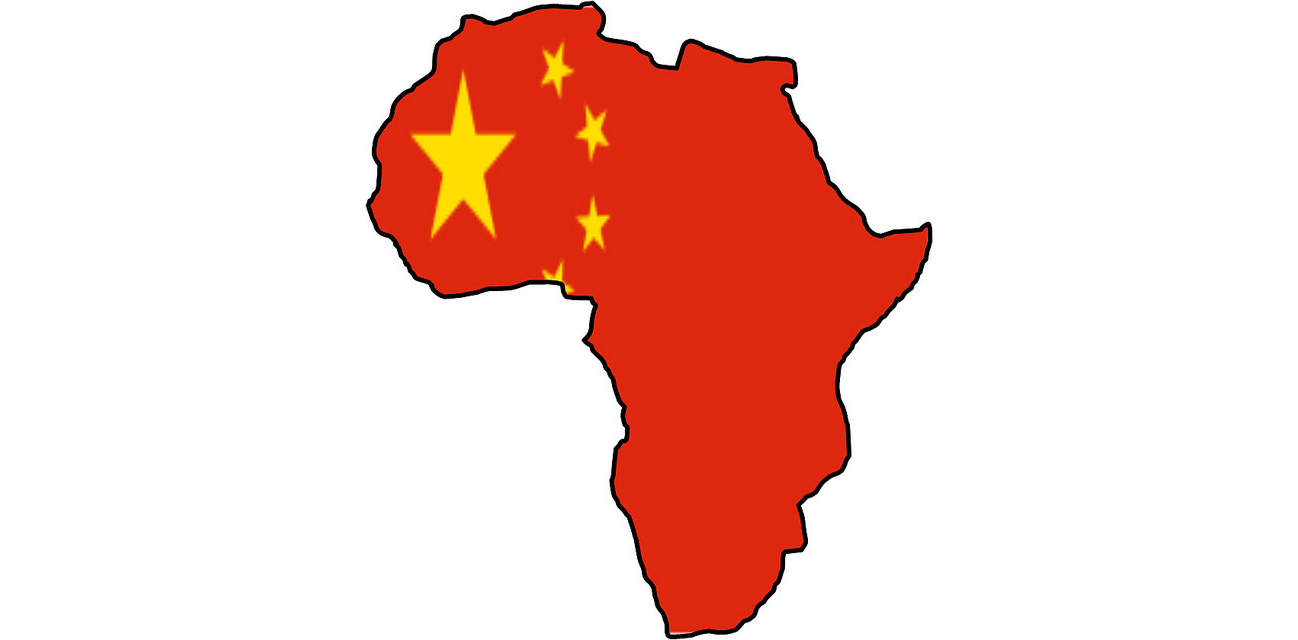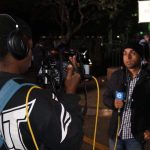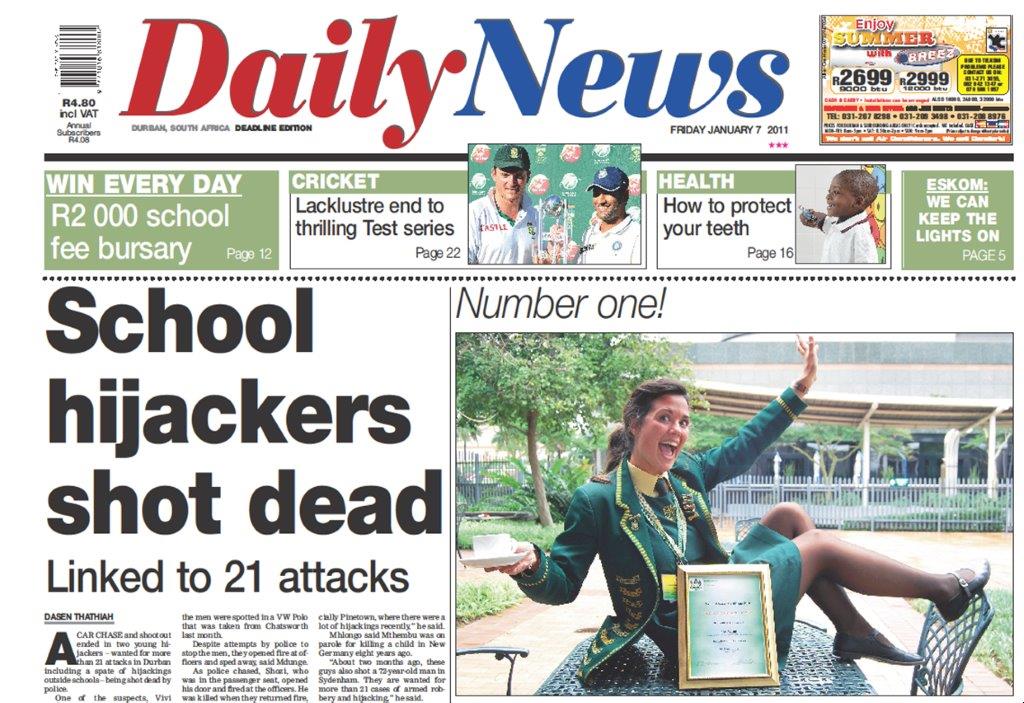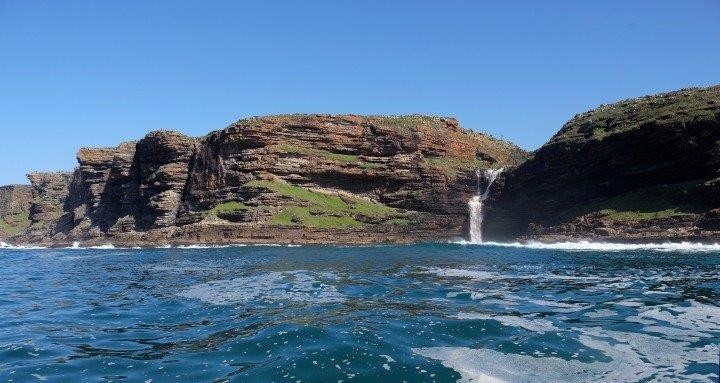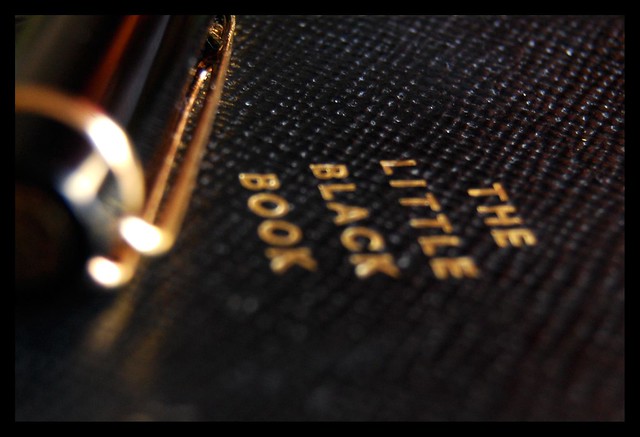Twenty students from across the country worked with a Wits Vuvuzela team to cover the 14th annual African Investigative Journalism Conference at the university. Thabiso Goba was one of them.
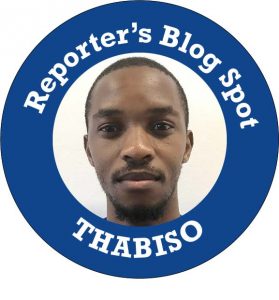
HUANG Hongxiang always gets a warm welcome when he meets poachers.
“When they see a Chinese man, they think this must be a trafficker,” he said.
Hongxiang, who was speaking at the recent African Investigative Journalism Conference, explained how his identity sometimes aided him in his work as an investigative environmental journalist.
It was a realisation that had taken a while to sink in.
He told delegates that he was initially puzzled when poachers were welcoming to him
But Hongxiang turned this to his advantage while investigating a story on the illegal ivory trade. He would go on to write the story for the Mail & Guardian, in the process make himself unpopular with the Chinese Embassy in South Africa.
Netflix
Part of his reporting has been adapted into a Netflix documentary, The Ivory Game.
Hongxiang is also the founder of China House, a social enterprise that connects Chinese businesses with sustainable development projects in developing countries.
“I want people to have an objective and contextual view of China. It is not all bad,” he said.
Recently, the image of China in Africa has been that of a modern coloniser, Barry Van Wyk told the conference.
Van Wyk, who is the programme co-ordinator of the Africa China Reporting Project based at Wits, seeks to put reporting on China in Africa into context — to go beyond simplistic conclusions.
“It’s not about the big players, what the real story here is about the people of Africa and how their life are being impacted by relations with China,” he said.

Illegal mining
Christian Locka, a freelance reporter from Cameroon, spoke about the devastating effects of Chinese illegal mining in the West African country.
Locka told of a story he did where nine people died after falling into a hole, the result of unregulated mining.
“Because they (the Chinese) do not have respect for our laws, they do not want to go through the process of obtaining proper permits, licences and mine legally,” he said.
Locka said illegal mines in Cameroon were protected by the military.
I am now on week five of my Get Smarter Feature Writing course and have been learning about the importance of adding colour to articles.
And as the GS course now turns to the topic of interviewing, I was in the fortunate position at the conference of being able to pick the brains of some of the best writers and journalists in the world.

Criminal underworld
I was particularly interested to hear about Mandy Weiner’s interview process.
Weiner, a journalist and author, has been covering the criminal underworld in South Africa for the better part of a decade.
In that time she has spoken to some of the most dangerous, homicidal people in the country.
“I feel it is more important to hear their side of the story,” she said.
It’s an approach that has brought her a backlash from some quarters, from those her believe she fails to challenge her subjects as strongly as they believe a journalist ought.
Paul O’Sullivan, the private forensic investigator, infamously called her the biggest supporter of the “Radovan Krejcir fan club”, a reference to the Czech crime boss serving a 15 year sentence in a South African prison.
Clearly there is a fine line between being a stenographer and a reporter.
And for Weiner, there is the dilemma of navigating a path between access and truth as a journalist.
There are some parallels with her experience and that of Hongxiang and Locka.
Chinese companies and the Chinese government are sceptical of the media and tend not to respond to journalists requesting comment.
The absence of comment can undermine the credibility of the best stories. — Roving Reporters
